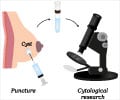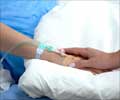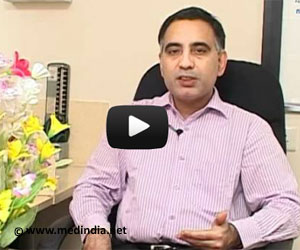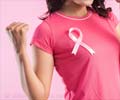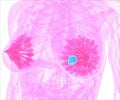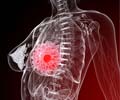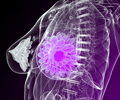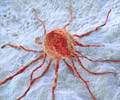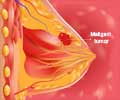Q: Which doctor should I consult if I suspect breast cancer?
A: Your gynecologist / obstetrician is usually the first person who can help you. However, if the cancer has spread, an oncologist is the best person to be approached.
Q: How does chemotherapy work?
A: Chemotherapy is a "systemic" therapy. This means that the drugs will go throughout your body and theoretically kill all cancer cells within your body. But certain chemotherapy drugs are known to kill only certain types of cancer cells; therefore, the chemotherapy drugs are selected according to the type of cancer one is affected with.
Q: How is chemotherapy given?
A: Most chemotherapy is given intravenously (IV) so that it reaches directly into the blood system. This allows the drugs to be rapidly absorbed and destroy the cancer fast. Sometimes chemotherapy can be given in a pill form.
Q: What are the effects of radiation treatment?
A: External radiation therapy does not cause one's body to become radioactive. There is no need to avoid being with other people because of treatment. Even hugging, kissing, or having sexual relations poses no risk of radiation exposure. Approximately 2 to 3 weeks after the first radiation treatment, one may experience changes to the skin areas of the chest wall and breast. These changes are an expected part of the therapy and are temporary.
Q: Are all breast lumps cancerous?
A: Most breast lumps are benign (not cancerous). They cannot spread outside of the breast to other organs. Fibrocystic changes usually cause most of these lumps. Fibrosis refers to excessive formation of scar-like connective tissue; cysts are fluid-filled sacs. Women with fibrocystic changes often experience breast swelling and pain. The breasts may feel lumpy and the nipple may discharge a clear or slightly cloudy green or gray fluid. Fibroadenomas or papillomas are common breast lumps.



